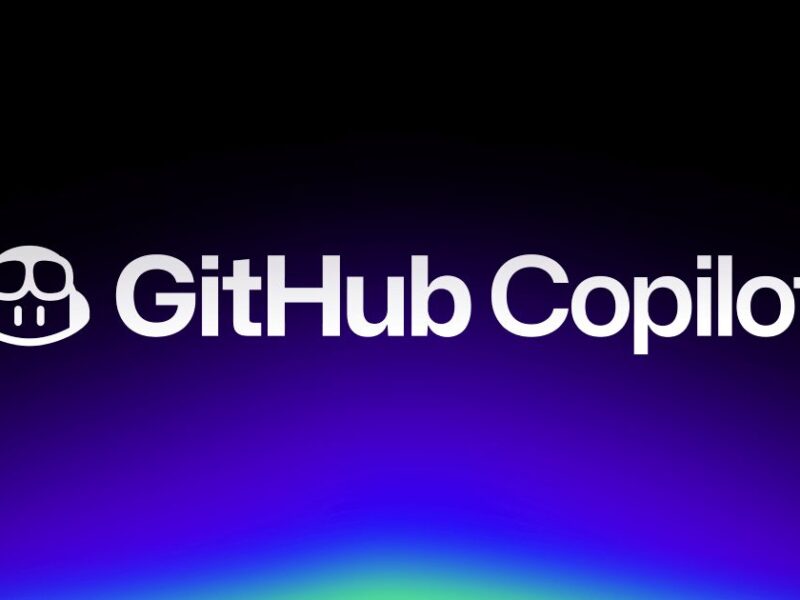Spotify is exploring a more advanced, conversational AI interface, building upon its previous forays into voice interaction, including the AI DJ feature. The exploration stems from observations shared during Spotify’s second-quarter earnings call with investors on Tuesday. Executives suggested future generative AI advancements could enable the streaming service to offer a significantly enhanced user experience.
Gustav Söderström, Spotify’s Chief Product and Technology Officer, addressed the impact of AI on the company’s operations. He emphasized that users can currently interact with Spotify in natural language to request music. This capability allows Spotify to gather data connecting specific phrases with particular songs, creating a valuable dataset.
Söderström elaborated on the nature of this dataset, comparing it to Amazon’s recommendation system. He noted that Spotify previously relied on playlist data, which showed song-to-song relationships, similar to Amazon’s “people who bought this also bought that” recommendations. The voice interface, however, provides entirely new insights.
“You can think of it as us getting a new dataset,” he said. “Spotify’s got this unique dataset from all of its playlists, which was really song-to-song — like which song goes well with another song, kind of the Amazon ‘people who bought this also bought that,’” he said. He added, “And that’s completely new to us, and it’s a very, very valuable dataset that we are collecting very quickly.”
Spotify removes AI-generated tracks impersonating deceased artists
Söderström indicated that these data collection efforts would lead to more interactive consumer experiences. He explained, “You can already write to Spotify, talk to Spotify. You’re just going to see that expand.”
The integration of AI technology could enable Spotify to move beyond predicting user preferences for music, podcasts, and audiobooks. Instead of simply making predictions, the AI could “reason” based on a user’s listening history and interactions with the AI DJ. The concept of “reasoning” implies that Spotify is considering AI reasoning models capable of executing more complex, multi-step tasks.
The voice data utilized for these potential advancements originates from Spotify’s AI DJ feature. First introduced in May 2025, this feature allows Premium subscribers to make voice requests to the English-language AI DJ using an in-app button. Users can verbally request changes to the music, genre, or mood of a playlist.
Beyond consumer-facing features, Spotify is also leveraging generative AI internally. Söderström mentioned that the company is using this technology to accelerate product prototyping and improve efficiency in other areas of its business, including finance.
During the reported quarter, Spotify achieved 276 million paying subscribers, marking a 12% year-over-year increase. The platform also reached 696 million monthly active users. Despite these gains, Spotify experienced a loss after failing to meet revenue targets. Consequent to weak guidance and Spotify CEO Daniel Ek’s remarks regarding dissatisfaction with the company’s ad business, the company’s stock value decreased by 10%.

